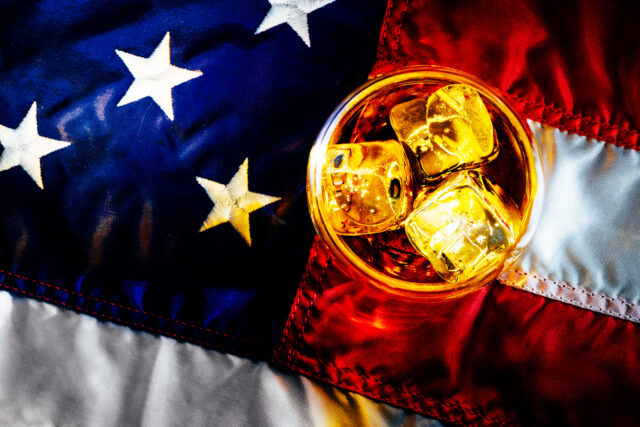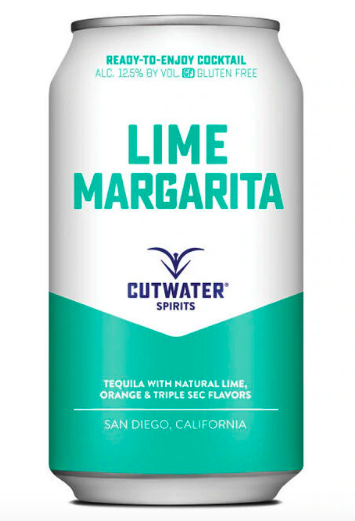This website uses cookies so that we can provide you with the best user experience possible. Cookie information is stored in your browser and performs functions such as recognising you when you return to our website and helping our team to understand which sections of the website you find most interesting and useful.
Spirits boomed in the US last year despite on-trade losses
Sales of spirits boomed in the US last year, despite restaurants and bars being closed for much of 2020, according to a new report from the Distilled Spirits Council of the US.

The report, released yesterday, found that stay-at-home families stocked up on American whiskeys, Tequila, Cognac and pre-mixed cocktails in the US last year.
“Tariffs and the pandemic left a wake of destruction in the hospitality industry in 2020,” Chris Swonger, president and CEO of the Distilled Spirits Council of the US, or Discus, said.
But the spirits industry itself experienced a 2020 sales boom of 7.7% annual gain in the US for a total of $31.2 billion in sales. Volume increased on an annual basis by 5.3% to 251 million 9-litre cases, while total alcoholic beverage sales – spirits, beer and wine – were up by 3%.

Discus’s annual report, delivered to the trade by a Zoom conference, was a mixture of good and bad news. Restaurant sales were down by nearly half over 2019 – 44% – as many establishments closed or had limited tables and takeout options, but the larger market of off-premise sales more than made up for that loss with an 18% increase.
American whiskey sales were up 8.2% to $4.3 billion, with the sales of rye within that category experiencing a gain of 16.9%. However, smaller craft producers were hurt by the loss of a major sales contributor, their tasting room revenues.
Combined Tequila and mezcal revenues were up 17.4%, and Cognac sales gained by 21.3%. Scotch sales, including single malts targeted by US tariffs in 2019, were up 37%.
Overall, according to the report, Americans tended to drink both more spirits and better spirits, as many increases were in the super-premium areas.
A growing category was pre-mixed cocktails, especially ready-to-drink products, which grew by a whopping 39.1% over the previous year, up by $137 million to a total $489m.
Many states adjusted their laws to permit cocktails to go, even for restaurants with curbside services, to help combat Covid-19 restaurant sales losses.
However, Discus’ chief economist, David Ozgo, noted that the major increases in off-premise sales took place during the first part of 2020, the indication being that people were stocking up on spirits at the beginning of the pandemic the way they did with toilet paper and cleaning supplies.
“They were buying for their in-home bars and for entertaining,” he said, noting that “spirits have an almost infinite shelf life.” The downside of this is that well-stocked families may slow down or suspend their buying of spirits in the months ahead.
Christine LoCascio, Discus’ chief of public policy, said the association is “looking for a situation where all these tariffs will be suspended” in talks between the Biden administration and the EU and UK, pointing out that between 1997 and 2018 there were no spirits tariffs between the parties.
“Craft distillers are particularly hurt,” she said, “because they look first to the EU as an export market.” According to the report, 38 of the 50 states have whiskey distillers that serve the export market.
Swonger also expressed optimism with the “significant modernisation” that has been taking place during the pandemic in marketing and sales. “Direct-to-consumer sales can make the three-tier system even stronger,” he argued.
Swonger noted that spirits sales as a percentage of the alcoholic beverages triangle – spirits, wine, beer – had risen for the 11th straight year.

